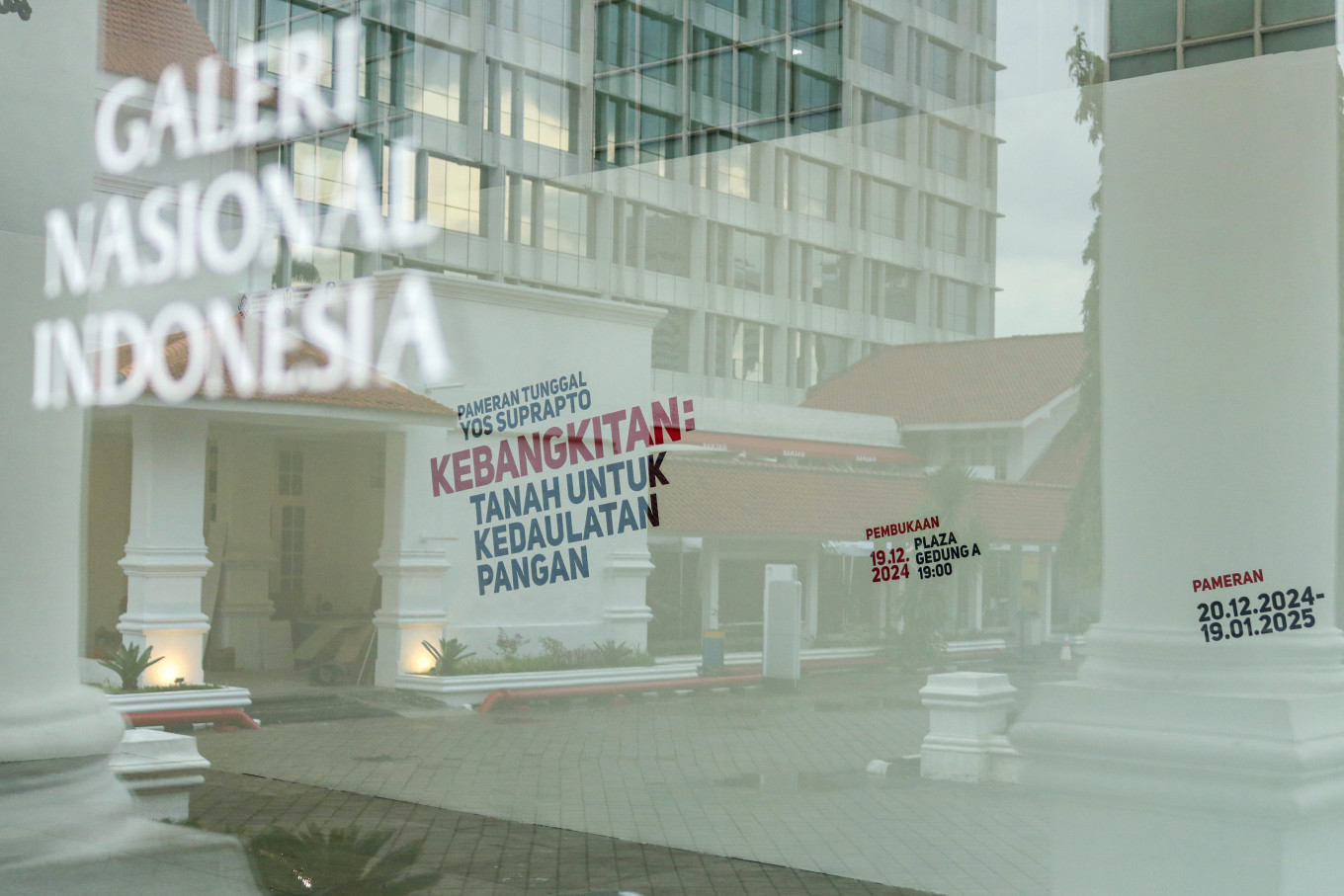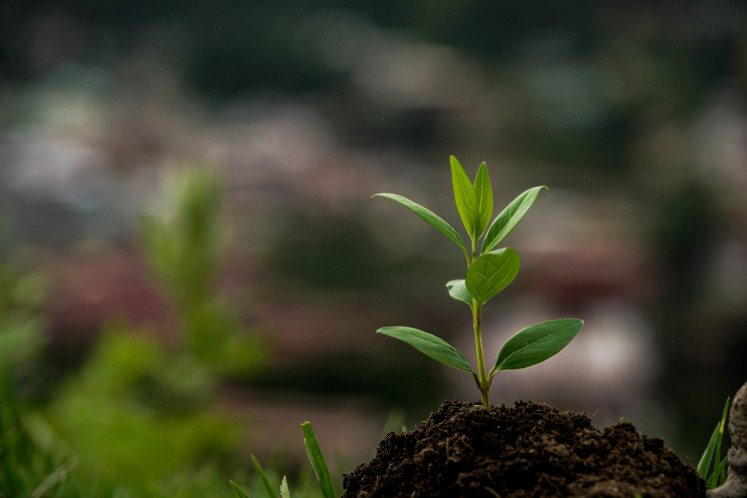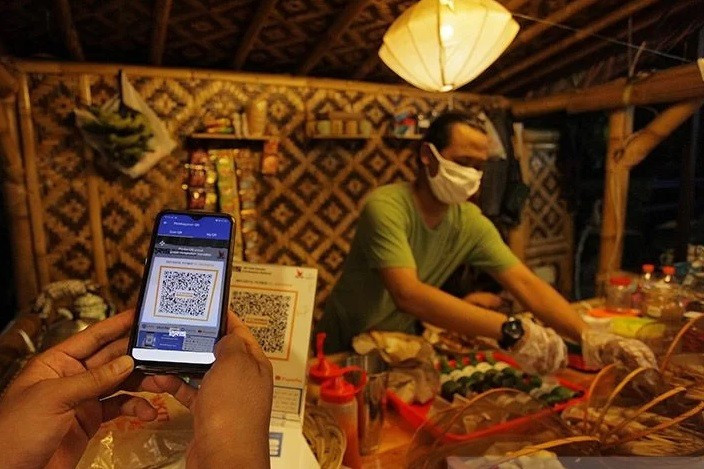Popular Reads
Top Results
Can't find what you're looking for?
View all search resultsPopular Reads
Top Results
Can't find what you're looking for?
View all search resultsAuthoritarian alarm
The cancellation of the exhibition of the work of Yogyakarta-based artist Yos Suprapto marked another setback for freedom of expression in the country.
Change text size
Gift Premium Articles
to Anyone
T
he recent sudden closure of an art exhibition exploring themes related to former president Joko “Jokowi” Widodo should sound the alarm across the archipelago over the state of freedom of expression in the country.
The exhibition of the work of Yogyakarta-based artist Yos Suprapto went viral for the wrong reasons after it was canceled on its opening day at Jakarta’s National Gallery on Dec. 19, 2024.
The artist said the gallery had initially requested that he exclude five paintings “relating to a figure who was once widely popular among the Indonesian public” from the “Awakening: Land for Food Sovereignty” exhibition.
While Yos initially rejected the gallery’s appeal a few hours before the opening, he agreed to exhibit only two of the five paintings. The gallery ultimately called off the exhibition without notice, locked the exhibition room and shut the lights off even as visitors queud outside, according to reports.
One of the five paintings depicted a farmer handfeeding rice to a man in business attire against the red shadow of a dog, and another depicted a naked man and woman having sex surrounded by rats in front of a building shaped like the Garuda Palace in the Nusantara Capital City.
The National Gallery currently falls under the Culture Ministry, one of President Prabowo Subianto’s new ministries. The gallery was previously under the purview of the education, culture, research and technology ministry, which Prabowo split into three ministries in his expanded cabinet.
The “problem” paintings have been described by the gallery’s curator Suwarno Wisetrotomo as being “too vulgar and simply filled with profanities, such that they lacked the nuance needed to powerfully convey the art’s perspectives.”
The snuffing out of an artistic expression by a state agent sent shivers down the spines of those who have lived or learned from the repressive New Order regime.
If the gallery’s authorities aimed to prevent the public from seeing the paintings or prevent any public discussion about it to arise, then it has failed its mission spectacularly.
The gallery authority has either chosen to return to the past or refused to live in the present, but things have changed a lot in the past three decades.
Droves of netizens, including well-known figures, were quick to criticize the exhibition’s closure on social media platforms. Images of Yos’ paintings have now received a permanent place in the digital sphere after being repeatedly reposted and even turned into memes by netizens.
Ultimately, days later, Jokowi himself chimed in, telling reporters outside his home in Surakarta, Central Java, that artistic expression, including political aspirations in the form of paintings, need to be respected.
“Exhibitions [of such artwork], since we are supposed to be a democratic country, should not be a problem,” the former president was quoted as saying.
Last year was filled with many positive and negative incidents and developments. But the National Gallery incident in the latter half of December marked one of many bitter notes that lingered well over into the new year.
Earlier last year, a bill on broadcasting sparked public uproar for articles that would restrict the work of journalists. There were at least two major issues regarding press freedom in the draft law.
The first was regarding a ban on investigative work which could directly block investigative journalism content or to give room for the authorities to implement censorship of media institutions. The second concerned a new power of the Indonesian Broadcasting Commission (KPI), instead of the Press Council, to deal with complaints, violations and disputes, including those related to investigative journalism.
In the last decade, we have seen more reports of the authorities cracking down on dissent across the country and allowing repression from state and non-state actors to continue. Our democratic progress needs to keep moving forward; we need to leave outdated, obsolete ways behind.











